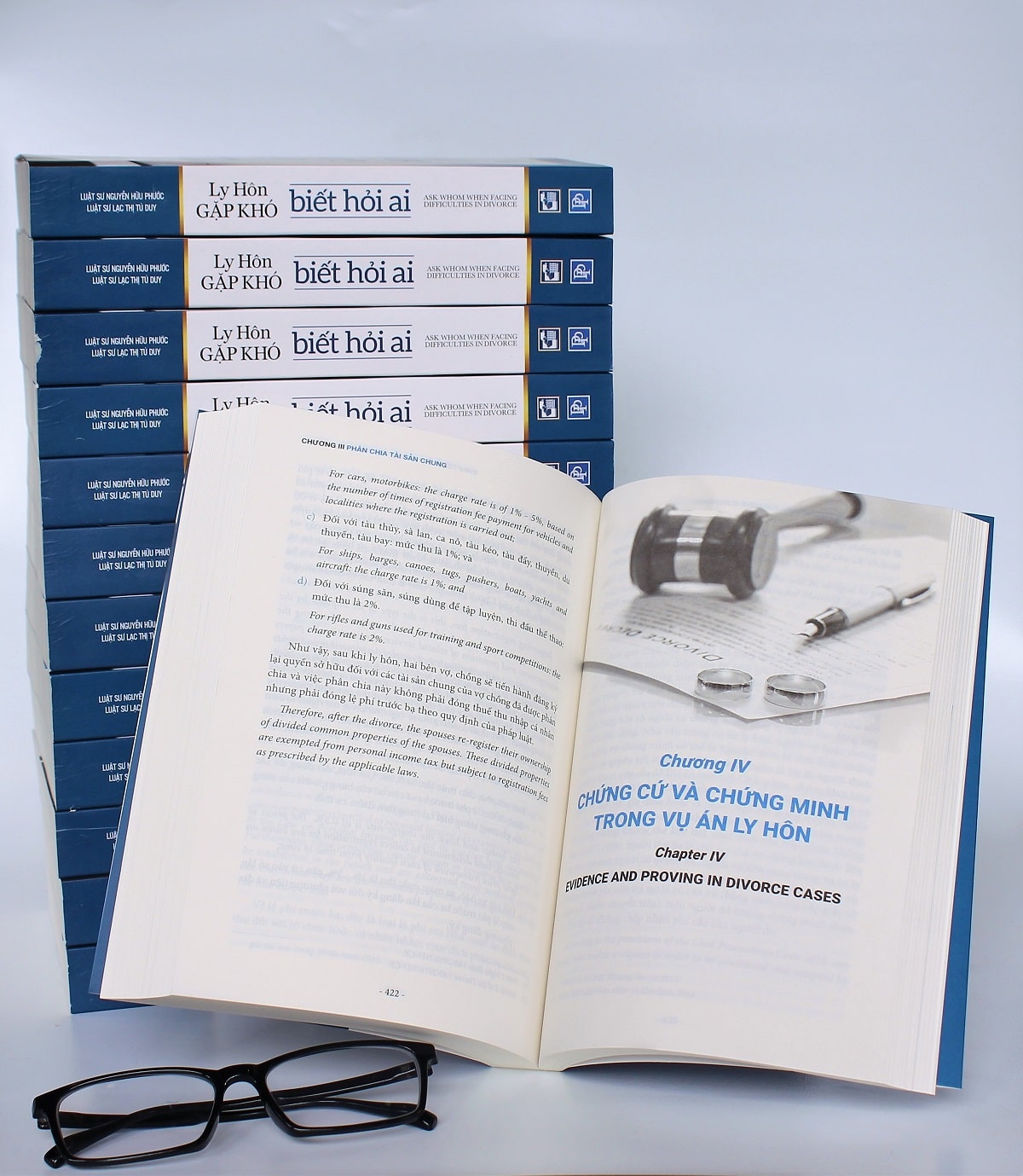Evidence in a divorce case is defined in Article 93 of the Civil Proceedings Code 2015. Accordingly, evidence is real things which are delivered or shown by the spouses and other entities to the Court during the proceedings or collected by the Court in accordance with the order and procedures as stipulated by the law. The evidence is used by the Court for the purpose of determining the objectivity of facts and legitimacy of the request and objection of an involved party. Thereby, evidence is not only provided by the plaintiff or collected by the Court, but also by other spouses or other entities. Besides the plaintiff, evidence may also be handed to the Court by the following subjects:
The defendant in a divorce case
The defendant in a divorce case is the husband or the wife against whom the legal action is initiated. The defendant’s rights and obligations are almost equivalent to the plaintiff’s in a divorce case. Therefore, they also have the right to submit documents and evidence to support their claims. Therefore, the information and documents provided by the defendant shall be also considered by the Court as if they either were submitted by the plaintiff or collected by the Court.
Persons with related rights and obligations
Persons with related rights and obligations in a divorce case are not the spouses but their rights and obligations are related to the resolution of such a divorce case. Thus they are eligible to participate in the proceedings as a person with related rights and obligations upon their own requests or the request of the spouses and with the approval from the Court[2]. These people are often related to the issue of common property division, or joint ownership property obligations of the spouses. For example, they may be creditor of a joint debt of the spouses or the debtor or he or she may have another property obligation to the spouses.
The persons with related rights and obligations in a divorce case are also litigants in a divorce case, and therefore, they also have the right to submit documents and evidence to support their claims with the Court and the Court must consider their documents[4].
Other individuals request the Court to settle a divorce according to the Law on Marriage and Family
Currently, the right to initiate a divorce proceedings does not only belong to the spouses. In cases where a spouse is unable to perceive and control his or her acts due to a mental disease or another illness and is concurrently a victim of domestic violence caused by the other spouse which seriously harm his or her life, health, and mentality, their parents or other relatives have the right to request the Court to settle a divorce[7]. At this time, the person initiating the lawsuit has the right and obligation to provide documents and evidence to the Court to prove that their request is grounded[8]. Therefore, the Court is responsible for reviewing the information and evidence provided with in this case.
Therefore, with the above cases, although important information and documents related to the divorce case are not provided by the plaintiff or are collected by the Court, the Court is still responsible for fully considering and evaluating.
[2] Article 68.6 of the Civil Proceedings Code 2015.
[4] Article 70.5 of the Civil Proceedings Code 2015.
[7] Article 51.2 of the Law on Marriage and Family 2014.
[8] Article 91.3 of the Civil Proceedings Code 2015.
If you would like more information on how we can assist you with divorce issues, please contact us at: +84 (28) 36223522 or email us at info@phuoc-partner.com

